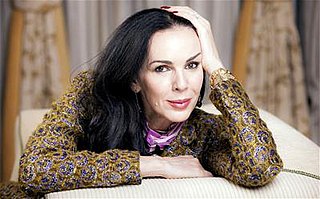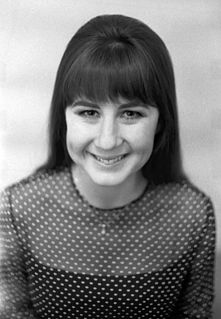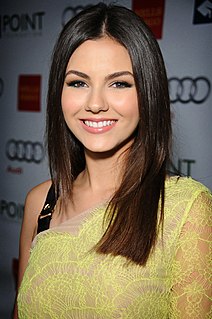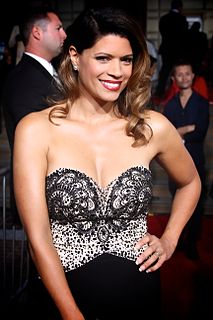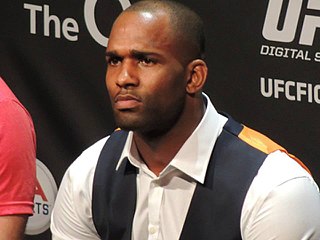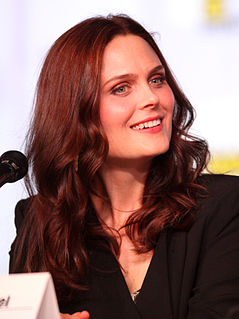A Quote by L'Wren Scott
I take a multivitamin, vitamin D, and omega-3 oils every day, and if I'm stressed or run- down, I bulk up on vitamin C and zinc.
Related Quotes
I try to get seven to eight hours of sleep. Wash my hands a lot, take a few supplements, like omega-3 and vitamin D. When I feel a cold coming on, I pop some zinc. I do my best to eat a low-sodium, high-fiber diet. I drink mostly water or coconut water. I don't smoke, no drugs, and drink red wine occasionally.
When they were naming vitamins they must have thought there were going to be way more vitamins than there ended up being. OK let's name these: Vitamin A, Vitamin B... ok man slow down we've got a lot to cover here. B2, B3, B4, B5, B6, B12. Then they got to E and they were like 'We're pretty much done. We've got all those damn B's. This is embarrassing. Let's just skip to K and get the hell out of here.
A risk-free life is far from being a healthy life. To begin with, the very word "risk" implies worry, and people who worry about every bite of food, sip of water, the air they breathe, the gym sessions they have missed, and the minutiae of vitamin doses are not sending positive signals to their cells. A stressful day sends constant negative messaging to the feedback loop and popping a vitamin pill or choosing whole wheat bread instead of white bread does close to zero to change that.
